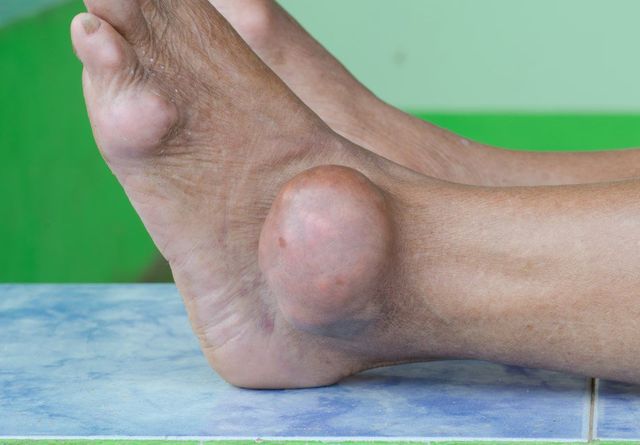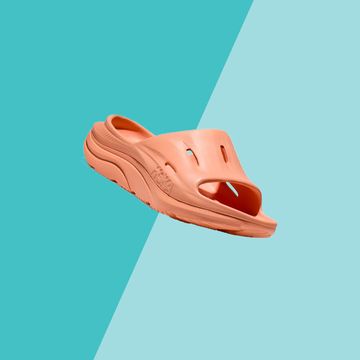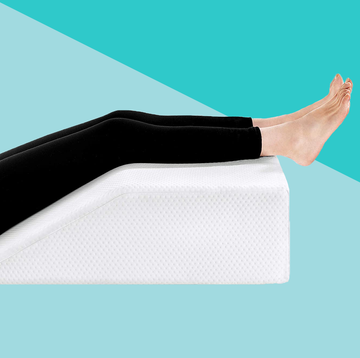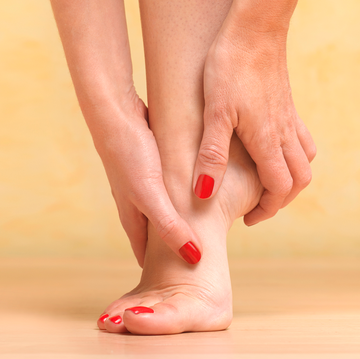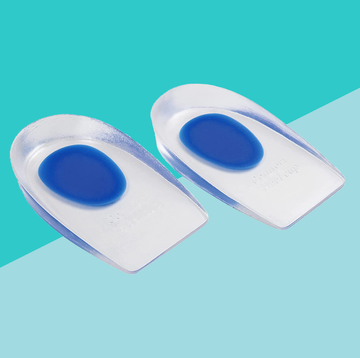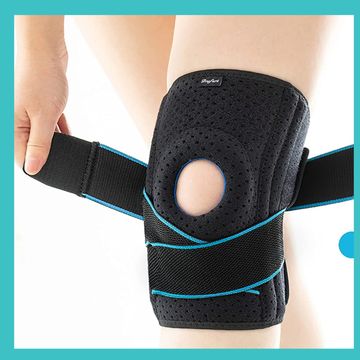Gout used to be called the "disease of kings" because people believed that it was caused by overindulging in food that only royalty could afford. While it's true that gout is often still linked to excess, you don't need a lot of money to be vulnerable: More than 3 million Americans now have it, according to the American College of Rheumatology.
Yet gout is still often misunderstood, says Ira H. Kirschenbaum, MD, an arthritis specialist and chair of orthopaedic surgery at Bronx-Lebanon Hospital Center in Bronx, NY. "It's a complex disease that causes inflammation in the joints." We talked to him about what gout really is and how to know if you might have it. (Heal your whole body with Rodale's 12-day liver detox for total body health.)
What is gout?
Gout is a type of arthritis that usually happens when uric acid builds up and forms crystals in your joints, tendons, and bone. The result: extreme pain, often in a single joint such as the big toe. Your body normally produces uric acid, and your kidneys help flush it out as a waste product. But when levels get too high, your kidneys can't keep up.
Overdoing shellfish, red meat, alcohol, and drinks and foods that are high in fructose can all raise uric acid levels. Being overweight also increases your risk, as do certain medications, including low-dose aspirin, some diuretics, and drugs designed to prevent you from rejecting a transplanted organ.
MORE: 6 Sneaky Signs You Drink Too Much
Warning signs
If you have a gout attack, you'll probably know it, because the symptoms are pretty dramatic. You'll likely find that a joint suddenly becomes intensely painful, red, and swollen. That said, not all painful, hot, and swollen joints are gout, so you'll need to see a doctor to make sure it isn't a different type of arthritis or an infection, says Kirschenbaum.
Assuming it really is gout—your doctor should remove fluid from the joint and send it out to be analyzed for the presence of crystals—taking prescription anti-inflammatory meds and icing the joint should help a lot. (Try these 18 gout treatment methods.) If your case is severe, you may also need steroids or a drug called colchicine.
Once you've had an attack, you're going to want to try to prevent another. You may need to limit foods that increase uric acid and take medication that keeps uric acid buildup in check (such as allopurinol).

